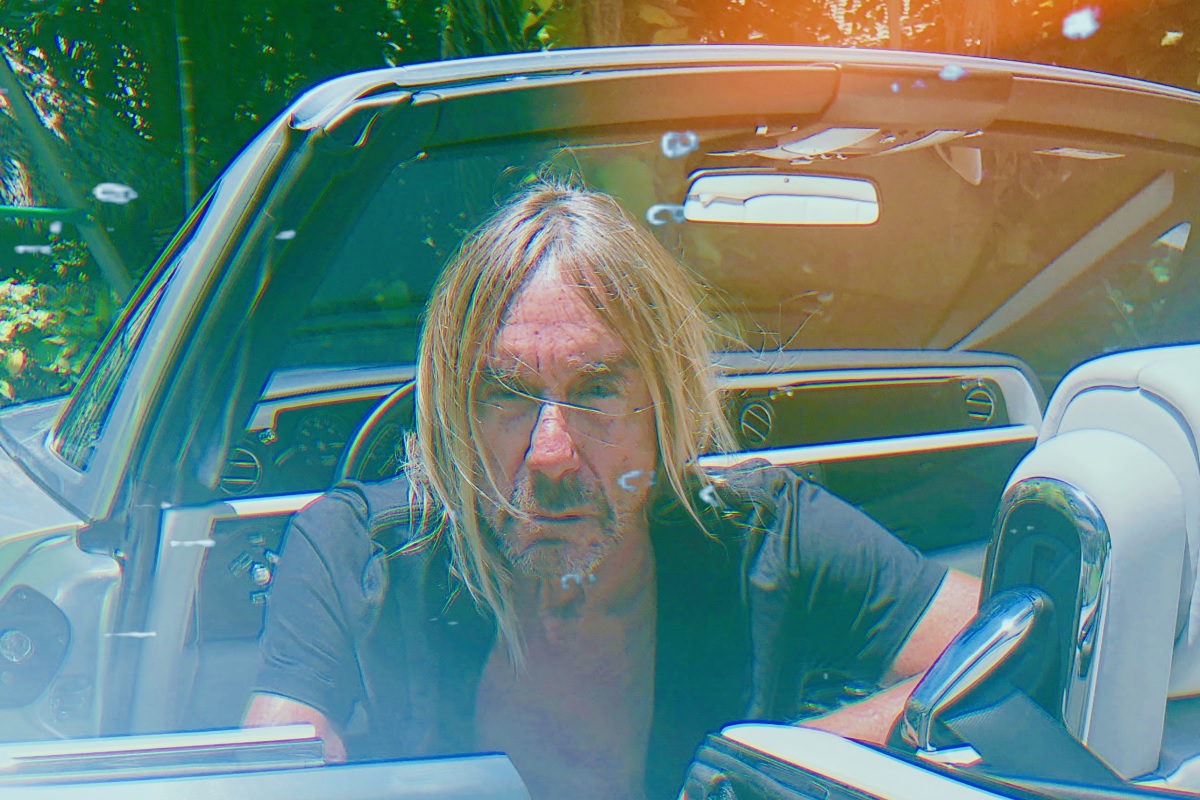
Let’s go inside the story of punk music and its historical origins
Like many musical movements, the punk movement wasn’t a simple, easy thing. It wasn’t like the “Big Bang,” where suddenly, this new, thriving genre called punk was everywhere. There were musical and societal reasons behind the punk movement forming. So, let’s get into the origins and story of how punk music formed, to better understand this important musical genre and era.
The Origins of Punk Rock Music
Punk came out of 1960s garage rock, with artists and bands such as Iggy Pop and the Stooges being the first to combine rebellious lyrics and anti-commercial sentiment into their music. At the time, rock ‘n’ roll had become, well, mainstream. So, these garage rock pioneers were here to make rock dangerous again.
The first punk bands were really proto-punk, starting out in their garages in the mid-1960s to mid-1970s. Some of these artists included the aforementioned Iggy and the Stooges, as well as MC5, the Velvet Underground, New York Dolls and more. These artists, while not really falling into the pure “punk” category, did create the first punk sounds that eventually would birth the movement.
The First Punk Band
The Stooges are largely considered the first punk rock band ever formed. It’s funny, because Detroit is often associated with Motown, but it really birthed punk. The Stooges played their first gig in Detroit on Halloween night in 1967. That evening, they brought the kind of attitude and rebellion that makes for a musical movement. Iggy was a dramatic frontman, filled with charisma and frantic energy. It was a very new experience for music fans, and one that caught on.
As for punk music in America, it really blossomed in the mid-1970s at New York City’s CBGB music club. Bands such as the Ramones, Television and Blondie were regulars at CBGB, and they really helped create that pure punk style. Around the same time, punk bands were forming around the world. In England, the climate was perfect for a punk uprising, with high unemployment rates in the U.K. and a general distaste for what was happening nationally and internationally. Bands such as the Sex Pistols, the Clash and the Damned formed in London, and the Buzzcocks broke out of Manchester.
Punk music is really about going against the mainstream. Musically, the genre boasts short, quippy numbers with simple guitars and blistering vocals and rhythms. Punk also was all about the DIY ethic, with bands taking it upon themselves to take care of everything, from doing their own raw recordings to releasing music on indie labels.
Punk’s story continues with its second wave, which blossomed in the late-1970s and early-1980s. Hardcore punk rose up in the early-1980s, offering a more aggressive musical style, with bands such as Minor Threat and Bad Brains ruling this niche. Punk also saw its way into post-punk, alternative rock, grunge and pop-punk. Nirvana was famously influenced by the punk movement, even though they’re often classified as strictly grunge. What’s more, bands such as Blink-182, Green Day and the Offspring topped the mainstream charts with their blend of pop and punk music.
The Future
Today, punk is much more widespread than it was in its early days. Like many musical genres, it’s evolved and perhaps even gotten “watered down” over the years. But, anyone with a curiosity and interest need only look back to those early punk recordings from the Ramones, the Clash or the Stooges to remember what it really means to be straight-up punk. More than anything, punk music has heart. Punk comes from a place of rebellion and anger, but it also comes from a place of passion and hardship. It’s a youthful musical form and one that we’ll never outgrow. Thank God for punk.
Find Audio Ink Radio’s story on the best punk bassists of all time here.
- Metallica’s Greatest Songs of the Past 25 Years - October 16, 2025
- Testament, “Para Bellum” – Track-by-Track Album Review - October 10, 2025
- Judas Priest Bassist Ian Hill Talks Metal, Legacy and Ozzy Osbourne – Interview - October 1, 2025
